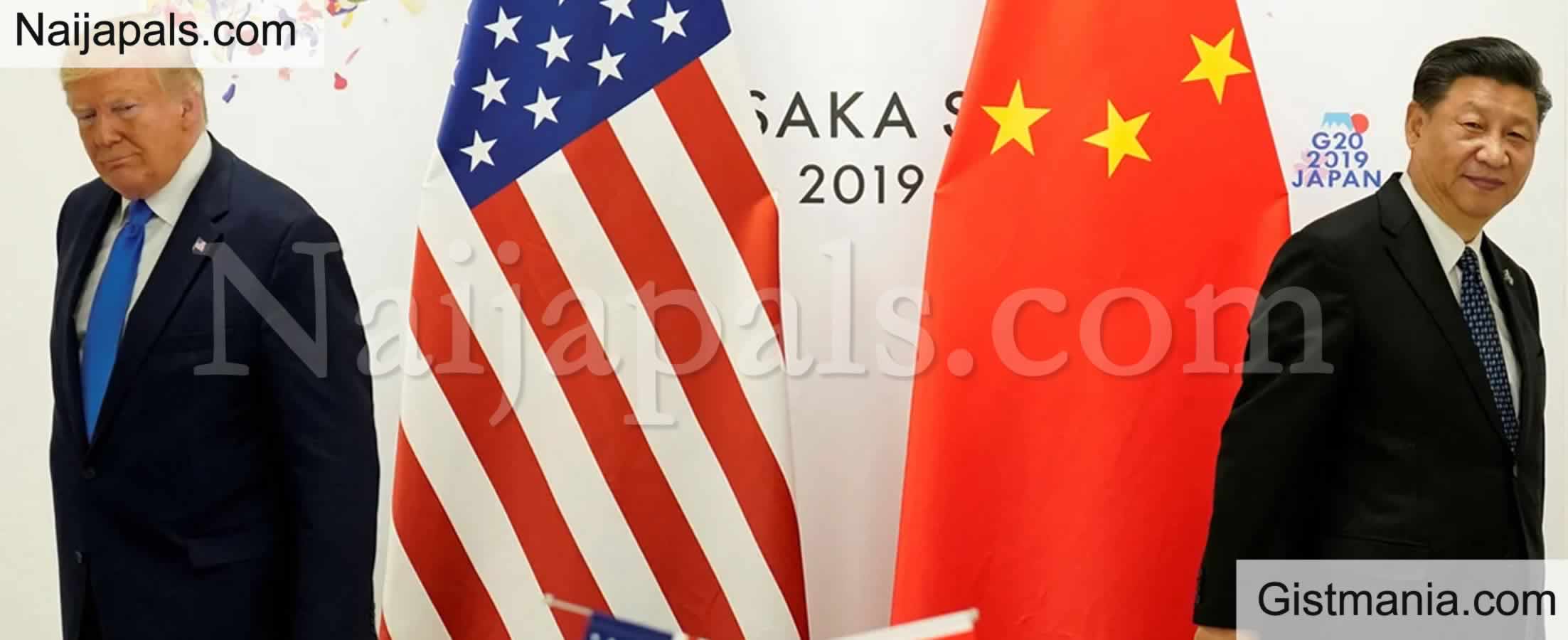
China has announced plans to impose new tariffs on American energy products and vehicles, escalating the ongoing trade tensions between the two superpowers.
Beginning on February 10, 2025, a 15% tariff will be applied to imports of US coal and liquefied natural gas (LNG), while a 10% tariff will affect American crude oil, agricultural machinery, and certain types of vehicles with larger engines.
This retaliatory action comes in direct response to the United States’ decision to impose its own tariffs on Chinese goods. The move by China not only aims to protect its domestic industries but also signals a sharp intensification in the trade dispute, potentially affecting global energy markets and trade dynamics.
These tariffs could impact the US economy by increasing the costs of exporting these goods to one of the world’s largest markets, possibly leading to higher inflation rates and economic repercussions as trade flows are disrupted.
Trump’s tariffs on Chinese imports come as punishment for Beijing’s failure to rein in the smuggling of fentanyl precursor chemicals.
While the immediate effect of the move will be felt in the US, Canada, China and Mexico, African economies, particularly Nigeria could take a hit as the move is expected to fuel global inflation and disrupt supply chain.
These developments pose significant challenges for Nigeria and Africa as their economies lack the internal resilience to withstand external shocks.
| Posted: at | |





 TRENDING GISTS
TRENDING GISTS  JAMB Set to Release 2025 UTME Results Today
JAMB Set to Release 2025 UTME Results Today What You Should Know About The New Pope Leo XIV, Born Robert Francis Prevost
What You Should Know About The New Pope Leo XIV, Born Robert Francis Prevost Fan Gushes As MC Oluomo’s Daughter Gets Engaged
Fan Gushes As MC Oluomo’s Daughter Gets Engaged VIDEO; "Davido Gifted My Girlfriend ₦10 Million For Supporting Me" - Rapper, Odumodublvck
VIDEO; "Davido Gifted My Girlfriend ₦10 Million For Supporting Me" - Rapper, Odumodublvck Mayor Of Boston Celebrates Nigerian Singer, Rema’s Role In Championing Afrobeat Worldwide
Mayor Of Boston Celebrates Nigerian Singer, Rema’s Role In Championing Afrobeat Worldwide PHOTOS: Troops Arrest Four Suspected Terrorists, Recover Arms And Ammunition In Taraba
PHOTOS: Troops Arrest Four Suspected Terrorists, Recover Arms And Ammunition In Taraba